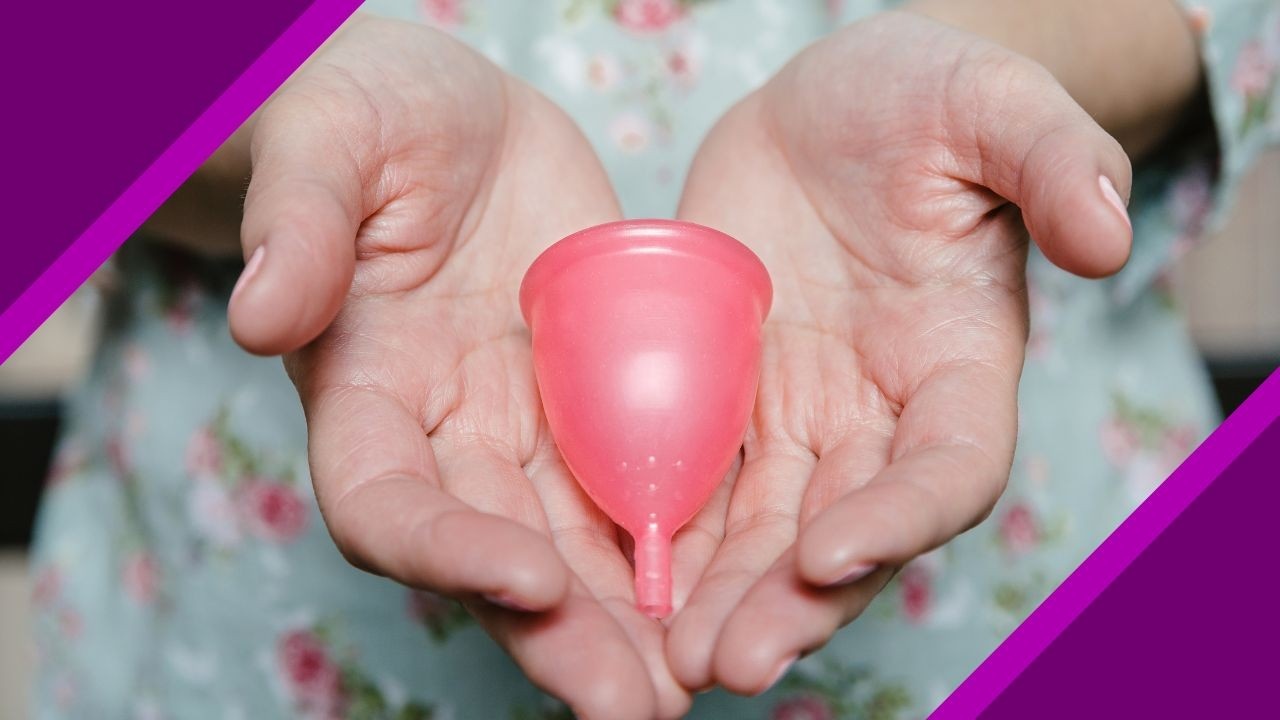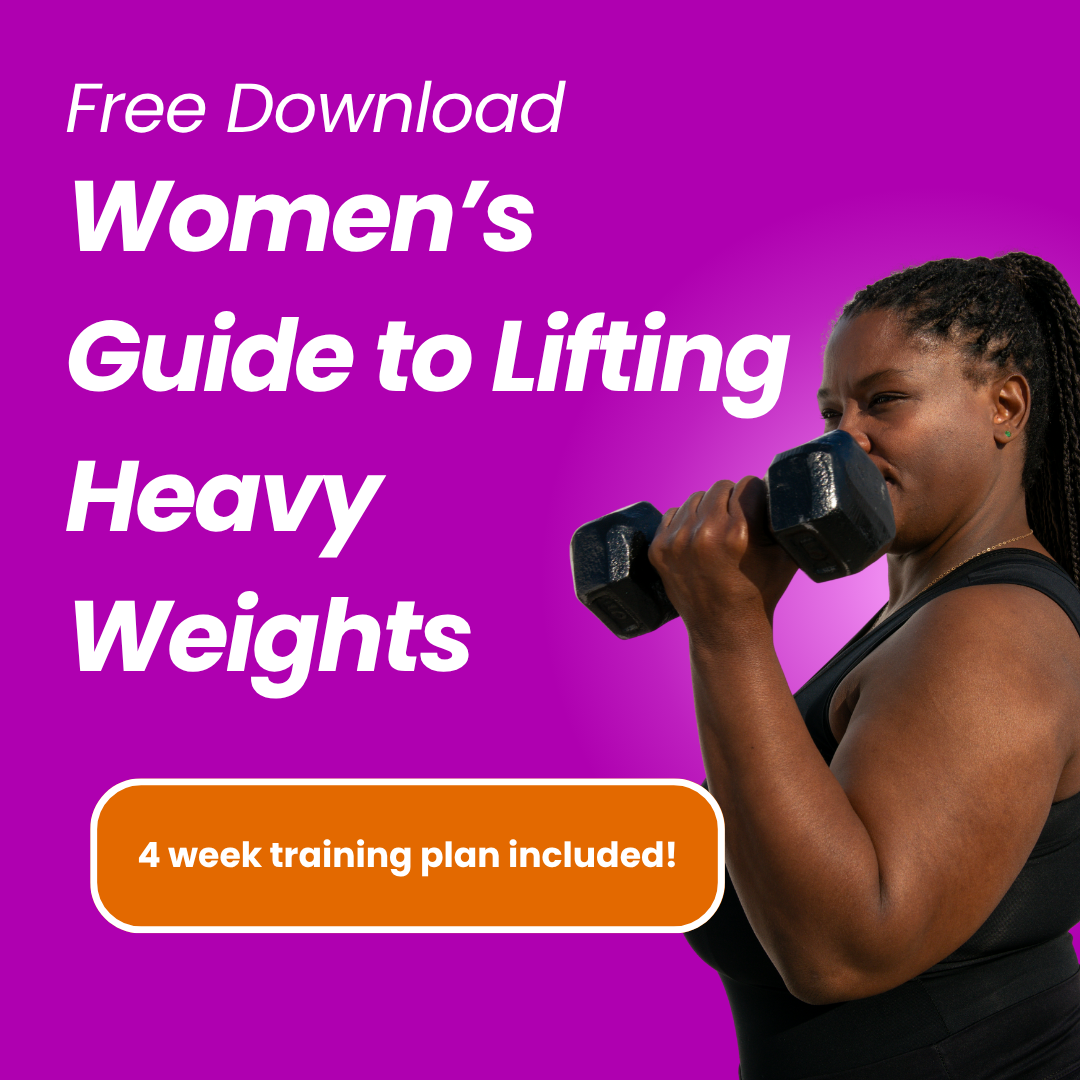
7 Innovations That Are Making Menopause Better
Aug 17, 2022Health tracking apps, telehealth, femtech, and other advances are helping women manage symptoms and optimize health and performance. And it’s only going to get better.
By Selene Yeager
We are currently in the Golden Age of Menopause. During the past two to three years alone we’ve had a slew of celebrities and high-profile, powerful women, including former First Lady Michelle Obama, The X-files’ Gillian Anderson, And Just Like That’s Cynthia Nixon, Empire’s Taraji P. Henson, Oscar-winner Emma Thompson, Oprah Winfrey, Fleabag’s Kristin Scott Thomas (we could go on and on) opening up about their experiences with this transformational stage of life. And it’s about damn time.
Following in the wake of this public conversation is a groundswell of attention and innovation designed to make menopause and women’s midlife better. In episode 93 of Hit Play Not Pause, we dove into what’s most promising and what the future holds for menopause management with Alyssa Dweck, MD. Who, along with being a practicing gynecologist, professor, author, and avid runner is the founding Chief Medical Officer of Bonafide and a consultant, key opinion leader (KOL), and medical advisor in the women’s health device, pharmaceutical, product, and medico-legal industry. Here’s what she had to say.
Health Tracking Devices & Femtech Apps
We now have an unprecedented ability to peek into our physiology and adjust our behaviors accordingly, Dweck explains.
“Women now have the opportunity to learn so much literal analytic data about themselves on websites and on platforms. Whether they are focused on menstrual health, menopausal health, sexual health, weight, or nutritional health, there are options where people can learn so much about themselves and really collect data. I find that to be fascinating, and that is something that I think is really taking off and has a lot of room to grow.”
She uses her Oura ring, which tracks sleep, heart rate variability, body temperature, resting heart rate, activity levels, and more as an example. “The first place I ever heard about the Oura ring was when the pandemic took hold and the NBA [National Basketball Association] needed to have a way to monitor their players to see whether they could predict whether they were coming down with a fever. It’s been a game changer for me as a practitioner and as a person who wants to learn about myself,” she says.
Technology like the Oura ring and the Whoop strap (which tracks similar metrics) is not specifically tuned for female physiology…yet. But stay tuned because that is right around the corner.
In the meantime, the devices can be paired with other femtech products like the Wild.ai app to make it more women-specific. Wild.ai uses A.I. sourced data from active women to analyze their physiology metrics and performance to make training, recovery, and fueling recommendations. You plug in your own data, such as menopausal symptoms, lifestyle habits like alcohol use, nutrition, stress levels, digestion issues, sex drive, and more, and connect the app to your wearable, like Oura or Fitbit to get a readiness score and targeted recommendations. (Note: Wild AI has made clear it doesn’t share or sell data and all your information is protected by General Data Protection Regulation.)
Telehealth & Online Services
Through online telehealth services, you can have your regular doctor as well as a deeper consultation your doctor may not have time for, Dweck says. “These have been a game changer for my practice because I often don’t have an hour to talk to somebody about everything I want to talk to them about. So, I really rely on other experts to help with that as an adjunct to my practice.”
Websites like Gennev, which is one of Dweck’s favorites, offer educational materials, free assessments, and other resources to equip you with the knowledge you need to take control of your care.
“There’s another website I use all the time called Rosy (meetrosy.com) that has helped my practice incredibly because it helps women understand libido and orgasm and gives them resources and education on female sexual health,” she says.
Of course, these online services like Gennev and Midi Health can also help you find a doctor and book a consultation if you live in an underserved area or just can’t find a doctor you connect with who is up to date on menopause.

Symptom Management Devices
Hormone therapy is very effective for managing hot flashes, night sweats, and other common menopausal concerns, but not everyone can or wants to use it. That’s where menopause management devices come in, says Dweck. “The more tools we have in the tool chest for hot flashes, night sweats, or menopausal symptoms, the better.”
For more comfortable nights, sleep systems like the Chilipad cooling mattress pads can be a night-saver (it has been favorably reviewed by the Sleep Foundation as well as many Feisty Menopause community members).
The tech company Embr has a wrist-worn device, the Embr Wave 2 (which we reviewed here) that emits cold or hot bursts onto the sensitive skin on the inside of your wrist to make you feel cooler or warmer depending on your needs and to help you get to and stay asleep.
There are also pelvic floor training devices like KegelSmart and Elitone that can help strengthen and improve the muscle tone and activity in the pelvic floor for improved bladder control and enhanced sensations during sex. “Pelvic floor physical therapists are unbelievable in what they can do for people,” Dweck says, but notes that not everyone has the time and/or resources to commit to multiple office visits, so having some of these home devices can make a big difference in women’s lives.
Complementary Care Companies
Doctors have not traditionally received intensive training in nutrition and barely receive instruction in menopause, so it can be challenging for women to find non-pharmaceutical options for menopause management. Dweck appreciates and became involved with Bonafide (who is a sponsor of Hit Play Not Pause because we like their products) because she can offer her patients choices that are scientifically tested and backed by literally thousands of other doctors.
“My patients love the nutritional angle for managing menopausal symptoms…this is a wonderful tool for women who don’t want or can’t take hormones,” she says.
It goes without saying that the supplement industry makes the Wild West look tame. Look for products that list ingredients, are scientifically backed, and are backed by a reputable team of medical advisors.
Better Bioidenticals
Women who prefer bioidentical hormones – hormones that have chemical structures that are identical to what the body creates on its own – have often used products that are custom-compounded. The problem with that route is that they do not have FDA approval, which is a concern for doctors like Dweck who want to be sure their patients are getting exactly what they’re prescribing. There’s been a rise in FDA-approved bioidentical estrogen and progesterone products like Bijuva that check all the boxes.
Menstrual Cups & Discs
Okay, menstrual cups and discs are not new innovations, but they are finally getting their moment in the sun as more active women discover them. Dweck sees a lot of women in her practice who want to “obliterate” their periods during perimenopause because they become so heavy and unmanageable. A menstrual cup can be a good option because they collect a lot of blood, don’t leak like tampons, and allow you to carry on about your day longer without worrying about emptying and replacing it. They take practice, and not everyone loves them, but the women who do, absolutely swear by them.
Cryotech & Ovarian Innovations
Menopause of the future might look a whole lot different than it does right now thanks to cryotech that allows women to freeze their eggs for implantation at a later time, like after grad school or getting a career path established. “If a 28-year-old has the foresight to say, I have a lot going on and I can’t get pregnant for some time, or I have a medical illness that may make me infertile, they can now go and see a reproductive endocrinologist and freeze their eggs for future use,” Dweck says.
Other companies like Celmatix are investigating drugs to slow the depletion of a woman’s ovarian reserve, so you would lose fewer follicles (aka potential eggs) each month and effectively delay menopause for 10 to 15 years. There are also companies like ProFam in the United Kingdom that will surgically remove a small portion of one of your ovaries, form it into strips, and freeze it, so these strips can be thawed and grafted back on down the road, effectively giving you younger, functional ovaries for longer and potentially delaying menopause by over a decade.
Get Feisty 40+ in Your Inbox
We hate SPAM. We will never sell your information, for any reason or send you emails that suck!


